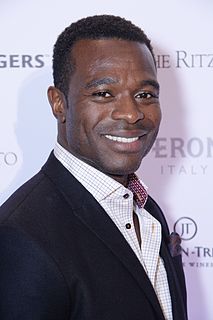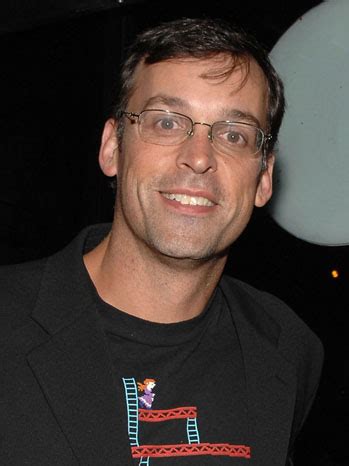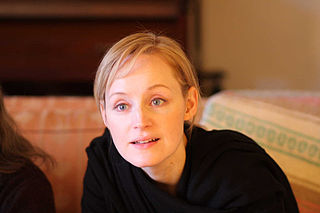A Quote by Lyriq Bent
For a very long time now, we've seen things one way, which is through the eyes of men. Quite frankly, I'm a little bit bored by our stories and the way we perceive things.
Related Quotes
She went out and took a last long look at the shabby little library. She knew she would never see it again. Eyes changed after they looked at new things. If in the years to be she were to come back, her new eyes might make everything seem different from the way she saw it now. The way it was now was the way she wanted to remember it.
When you have an authority figure tell you something that distinguishes you, there's a little bit of a badge of courage or pride point that comes with it, and also some relief that the grownups actually have an answer for the problem. But, at the same time, there's suspicion and defensiveness, like, Why is the way I do things a problem? Maybe the way you do things is the problem. All of these things come with the very notion that you've been described.
Long before I became a feminist in any explicit way, I had turned from writing love stories about women in which women were losers, and adventure stories about men in which the men were winners, to writing adventure stories about a woman in which the woman won. It was one of the hardest things I ever did in my life.
My own eyes are not enough for me...I will see through the eyes of others. Reality, even seen through the eyes of many is not enough...I will see what others have invented. Even the eyes of all humanity are not enough. I regret that the brutes cannot write books. Very gladly would I learn what face things present to a mouse or a bee. More gladly still would I perceive the olfactory world charged with all the information and emotion it carries for a dog.
What I think is great about Pippin, specifically, and I wouldn't make this generalization about all musicals, is that it is about how we tell stories and the way stories are very subjective. How we tell some things and leave other things out in the way The Princess Bride is or The Wizard of Oz is, which both have a framing device.
In my normal way of doing things, there's a little bit of 'going native' that takes place, where you're in a world long enough, you can't really help but start to see things in a nuanced, more humanistic way. Just because you're with people and you start to in general slightly like the people you're with.
In my normal way of doing things, there's a little bit of 'going native' that takes place, where you're in a world long enough, you can't really help but start to see things in a nuanced, more humanistic way. Just because you're with people and you start to, in general, slightly like the people you're with.
The desire for story is very, very deep in human beings. We are the only creature in the world that does this; we are the only creature that tells stories, and sometimes those are true stories and sometimes those are made up stories. Then there are the larger stories, the grand narratives that we live in, which are things like nation and family and clan and so on. Those stories are considered to be treated reverentially. They need to be part of the way in which we conduct the discourse of our lives and to prevent people from doing something very damaging to human nature.



































